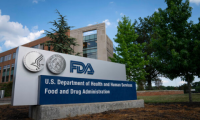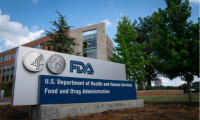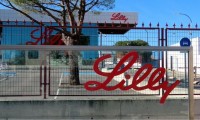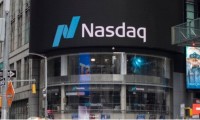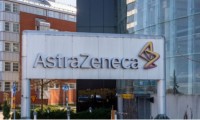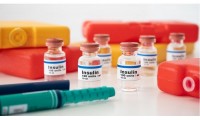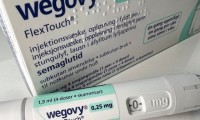-
FDA yet to find link between suicidal risk and GLP-1RA use
- Source: drugdu
- 160
- January 16, 2024
-
FDA’s Preliminary Review of GLP-1 Meds Finds No Tie to Suicidal Thoughts, Actions
- Source: drugdu
- 166
- January 15, 2024
-
FDA’s Preliminary Review of GLP-1 Meds Finds No Tie to Suicidal Thoughts, Actions
- Source: drugdu
- 101
- January 12, 2024
-
AbbVie ends 2023 on a high taking the leading spots as the biggest drug ad spender in December
- Source: drugdu
- 157
- January 10, 2024
-
Lilly makes website to simplify access to obesity drug Zepbound, plus diabetes and migraine meds
- Source: drugdu
- 160
- January 6, 2024
-
Playing in the Hot Obesity Market, Carmot Braves Chilly IPO Waters
- Source: drugdu
- 116
- November 22, 2023
-
AstraZeneca Targets Obesity Market with Potential $2B Deal for Early GLP-1 Candidate
- Source: drugdu
- 144
- November 13, 2023
-
Meitheal partners with Chinese company for US licencing of insulin biosimilars
- Source: drugdu
- 98
- September 30, 2023
-
In warning letters, FDA tells 8 companies to stop selling illicit eye drugs
- Source: drugdu
- 104
- September 14, 2023
-
Weight-loss drug firm becomes Europe’s most valuable
- Source: drugdu
- 229
- September 6, 2023
your submission has already been received.
OK
Subscribe
Please enter a valid Email address!
Submit
The most relevant industry news & insight will be sent to you every two weeks.


